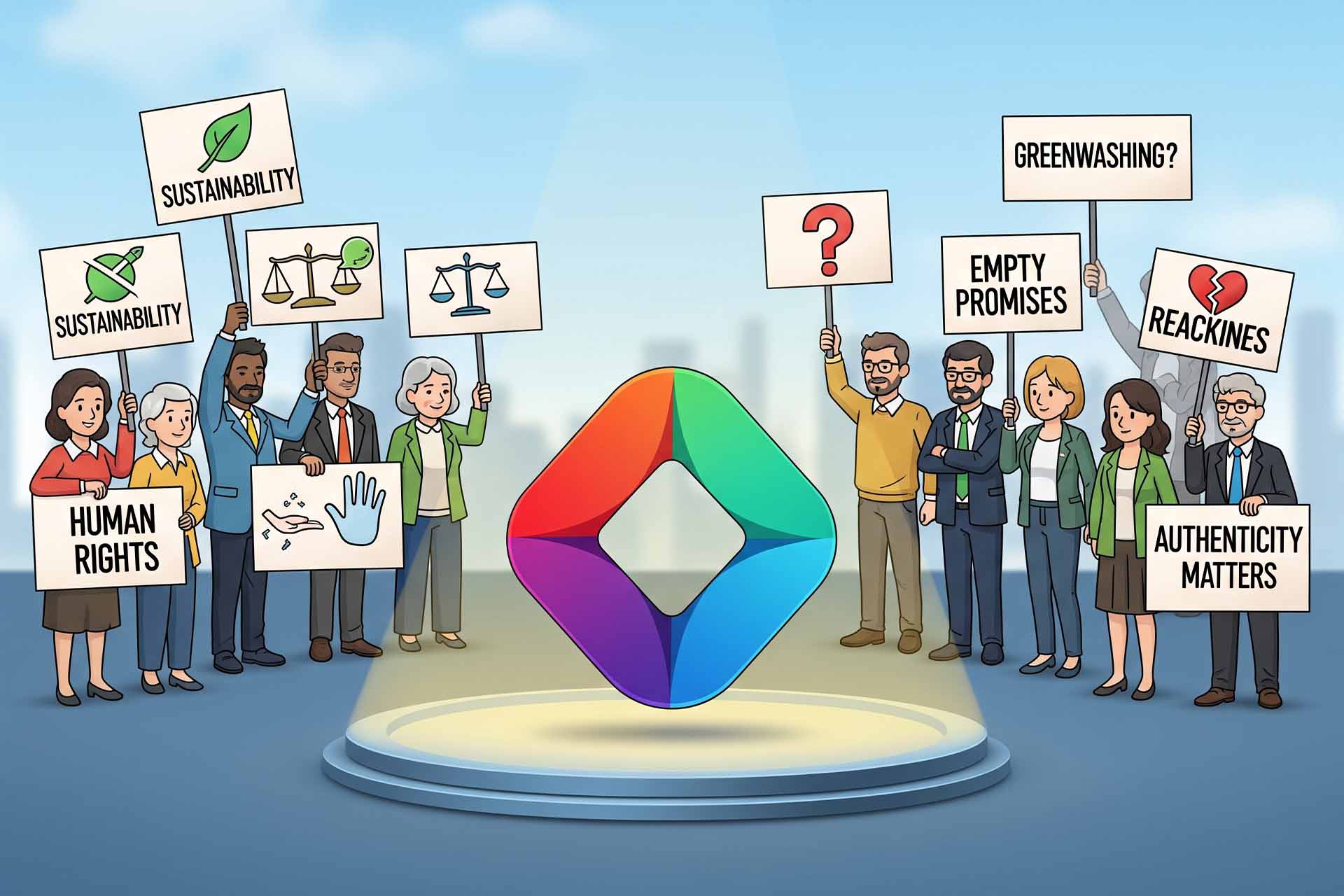
Should Your Brand Take a Stand on Social Issues?
Taking a stand on social issues has become one of the most complex — and debated — challenges for modern brands. While it carries significant opportunities to build loyalty and influence, it also comes with risks that could harm reputation and customer trust.
So, should your brand take a stand? The answer is yes, but with caution. It depends on your brand’s strategy, values, audience, and the nature of the issue itself.
Why Should a Brand Take a Stand?
Experts in brand strategy at Loop Media and across the industry point out several reasons why a brand might decide to embrace a position on social issues trending across digital platforms:
1. Building Loyalty and Trust
Younger audiences, especially Gen Z and Millennials, favor brands that align with their values.
When a brand publicly supports a cause its audience believes in, it creates a powerful emotional connection that goes beyond the product itself.
2. Standing Out in a Crowded Market
In a competitive landscape, a clear social stance can differentiate a brand from its competitors.
This position often becomes part of the brand’s identity, making it more memorable and relatable.
3. Attracting Top Talent
New employees often look for companies with strong values and meaningful missions.
A positive stand on social issues can make a brand more attractive to top talent and help retain existing employees.
4. Driving Positive Change
When a brand uses its resources and influence to support noble causes, it can create a real, positive impact on society — helping to shape a better future.
The Risks and Challenges of Taking a Stand
Of course, the decision isn’t without consequences. Brands must be prepared to face the downsides:
- Backlash: If the stance appears insincere or contradicts the company’s actions, it may be seen as “social washing,” leading to harsh criticism.
- Customer Alienation: Social issues are often polarizing. While some customers may appreciate the stance, others may reject it, leading to potential losses.
- Credibility Risks: A stance unrelated to the brand’s core identity may appear shallow or opportunistic.
- Losing Focus: Getting too involved in social causes can distract from a brand’s main mission — delivering quality products or services.
How to Decide If Your Brand Should Take a Stand
Before committing to any social stance, ask yourself these critical questions:
- Does the cause align with your company’s core values?
- Is the stance authentic and rooted in genuine principles rather than marketing?
- Do you fully understand the complexity of the issue before speaking out?
- Is your audience ready to accept and support your stance?
In today’s market, silence is no longer a neutral option. For many brands, taking a stand has become a necessity to connect with a socially aware audience. But the difference between success and failure lies in authenticity, alignment, and commitment.
A brand that takes a genuine, values-driven stand can strengthen its market position, deepen customer relationships, and at the same time contribute to building a better society.
📢 Call to Action
At Loop Media, we help brands find their authentic voice and position themselves on the right side of social change. From crafting strategies to aligning with meaningful causes, our experts ensure your brand builds trust, loyalty, and long-term impact.
👉 Ready to make your brand’s voice heard? Contact Loop Media today and turn your values into influence.
- 📞 (+966) 53 692 8397
- 📧 Support@loop-media.co
- Visit our Contact Us page.
This article is available in Arabic. You can read the Arabic version [here].
 العربية
العربية


